Donald Trump’s administration has announced an annual $100,000 fee on H-1B visa applications, a type of US visa that allows companies to hire foreign workers in skilled occupations such as IT, healthcare and engineering.
The new proclamation, signed on Friday, brought a mixed bag of emotions for hundreds of thousands of workers on H-1B visas, as well as many question. Here’s what you need to know.
What is an H-1B visa?
The H-1B program dates back to 1990, when George HW Bush signed a new bill into law in an effort to encourage the immigration of highly skilled workers, including scientists, engineers and educators, to address labor shortages in specialized fields.
This temporary visa category allows employers to petition for “highly educated” foreign professionals to work in “specialty occupations” that require at least a bachelor’s degree or the equivalent. The H-1B visa is typically granted for an initial period of three years and can be extended up to a maximum of six years.
There are as many as 730,000 H-1B holders in the US, and an additional 550,000 dependents, including spouses and children, who together make up nearly 1.3 million residents, according to a January 2025 report from fwd.us, an immigration and criminal justice advocacy group.
Previously, the cost for an H-1B ranged from about $1,700 to $4,500, depending on whether the visa was expedited. Each year, Congress caps H-1B visas at 85,000, awarded through a lottery system. To enter, companies pay a $215 registration fee, followed by the thousands of dollars more in application fees and legal costs if selected.
What changes did Trump announce?
The Trump administration increased the fee for skilled foreign workers applying for H-1B visas to $100,000, claiming the visas were being “abused” to undercut American wages and outsource IT jobs. The new fee went into effect on Sunday.
The fees are intended to be paid by companies sponsoring the visas, rather than applicants themselves. The Trump administration implemented the fee in an effort to encourage companies to hire more American workers.
“Either the person is very valuable to the company and America, or they are going to depart and the company is going to hire an American,” said US commerce secretary Howard Lutnick at Friday’s briefing. “And that’s the point of immigration. Hire Americans and make sure the people coming in are the top, top people. Stop the nonsense.”
What industries are affected?
Tech workers make up one of the largest groups of H-1B visa recipients, and the fee announcement sent the tech industry scrambling, with businesses in Silicon Valley urging staff not to travel outside the country amid early confusion over the new process.
Stem (science, technology, engineering and mathematics) industries rely heavily on the H-1B program, with roughly two-thirds of H-1B jobs in computer-related roles. According to US Citizenship and Immigration Services, Amazon, Google, Meta, Microsoft and Apple were among the companies that employed the most H-1B visa holders last year.
Several prominent tech industry leaders, including Elon Musk, Alphabet chief executive Sundar Pichai and Microsoft chief executive Satya Nadella, were at one point H-1B visa holders.
Employers also use the program to bring in educators and healthcare workers to the US.
What has the reaction been?
Economists have warned that the move could lead to weaker economic growth, since higher costs for employers will make it harder to attract foreign talent. They have also pointed to a potential “brain drain” as skilled international graduates are forced to leave the US.
In India, the largest beneficiary of H-1B visas last year, officials said the fee would have humanitarian consequences “by way of the disruption caused for families”.
The Indian government said it “hopes that these disruptions can be addressed suitably by the US authorities” and emphasised that the exchange of skilled workers had “contributed enormously” to both nations.
Other business leaders, however, have praised Trump’s move, including Netflix co-founder Reed Hastings. In a post on X, Hastings said he had worked on H-1B politics for 30 years and said the added cost would allot visas for “very high-value jobs”. He said the move would eliminate the lottery and give employers more certainty.
Most major Silicon Valley companies have not publicly commented. Companies have sent internal memos to employees.
Before the new few was announced, the visa had been contested across the political spectrum. The democratic socialist senator Bernie Sanders, for example, has been a longtime critic of the H-1B visa, arguing that the program replaces American jobs with cheaper international workers.
Do people who already hold an H-1B visa have to worry?
Lutnick said the fee would be paid annually, and would only apply to people seeking a new visa.
Amid initial confusion over the weekend, White House press secretary Karoline Leavitt clarified that the fee applies only to new applicants, and that those who already hold H-1B visas and are currently outside of the country would not be charged $100,000 to re-enter.
“H-1B visa holders can leave and re-enter the country to the same extent as they normally would; whatever ability they have to do that is not impacted by yesterday’s proclamation,” Leavitt said. “This applies only to new visas, not renewals, and not current visa holders.”

 German (DE)
German (DE)  English (US)
English (US)  Spanish (ES)
Spanish (ES)  French (FR)
French (FR)  Hindi (IN)
Hindi (IN)  Italian (IT)
Italian (IT)  Russian (RU)
Russian (RU)  4 weeks ago
4 weeks ago
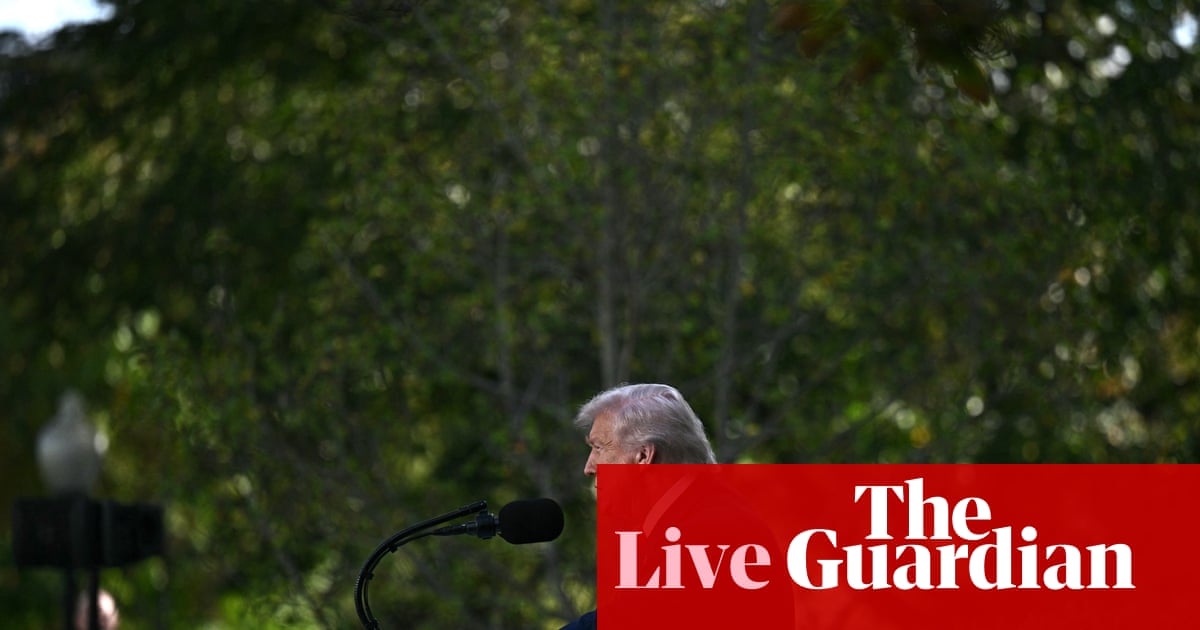













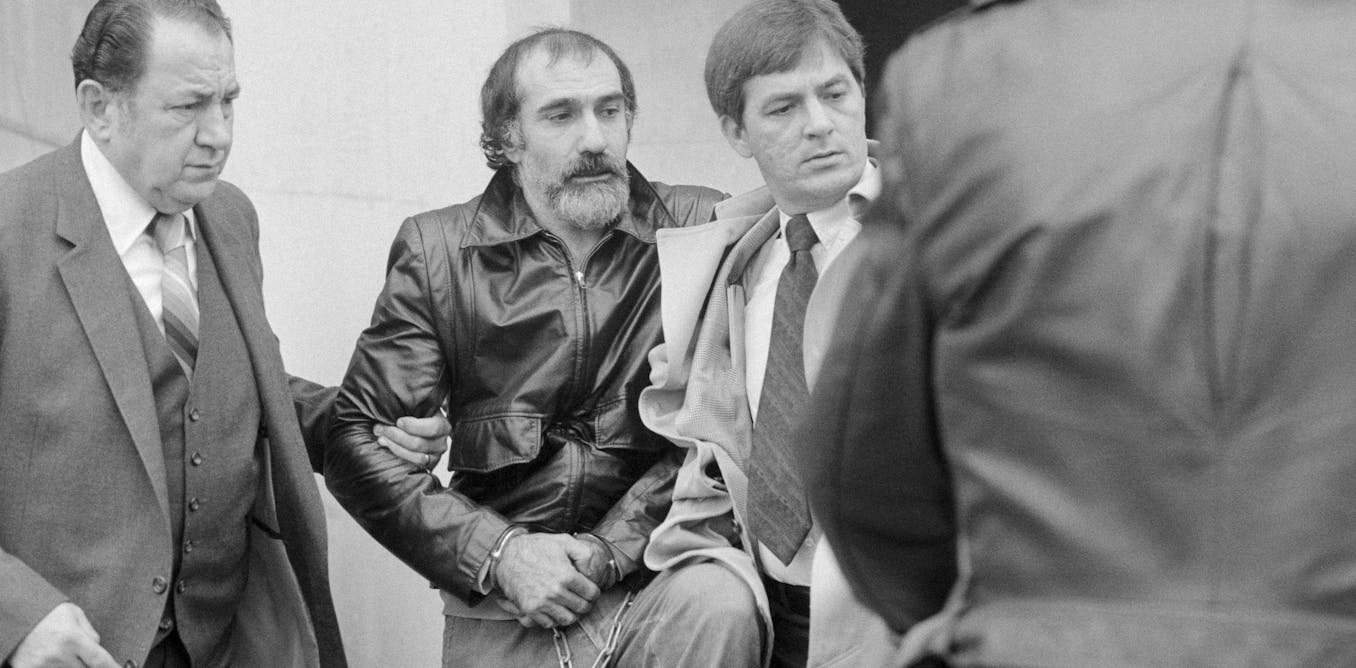



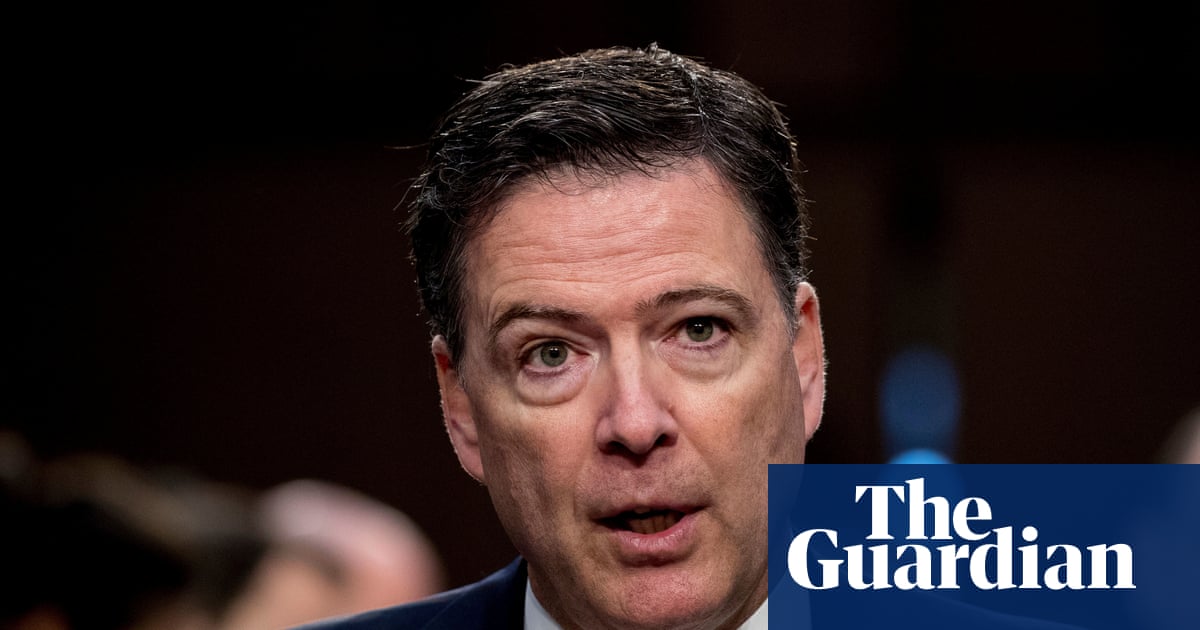


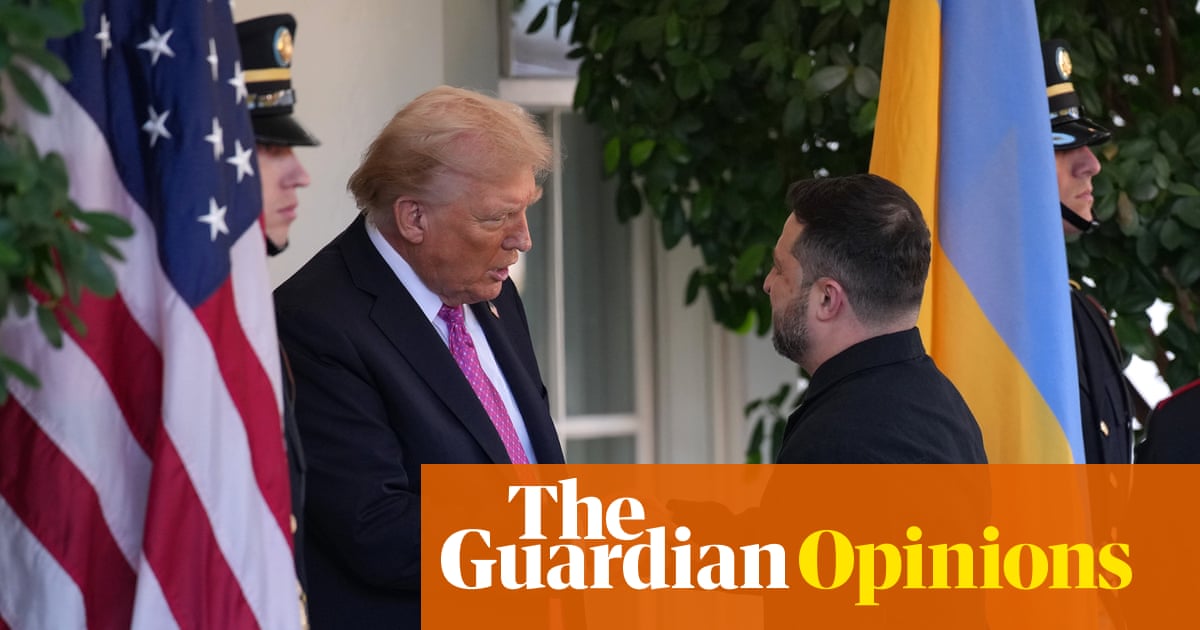
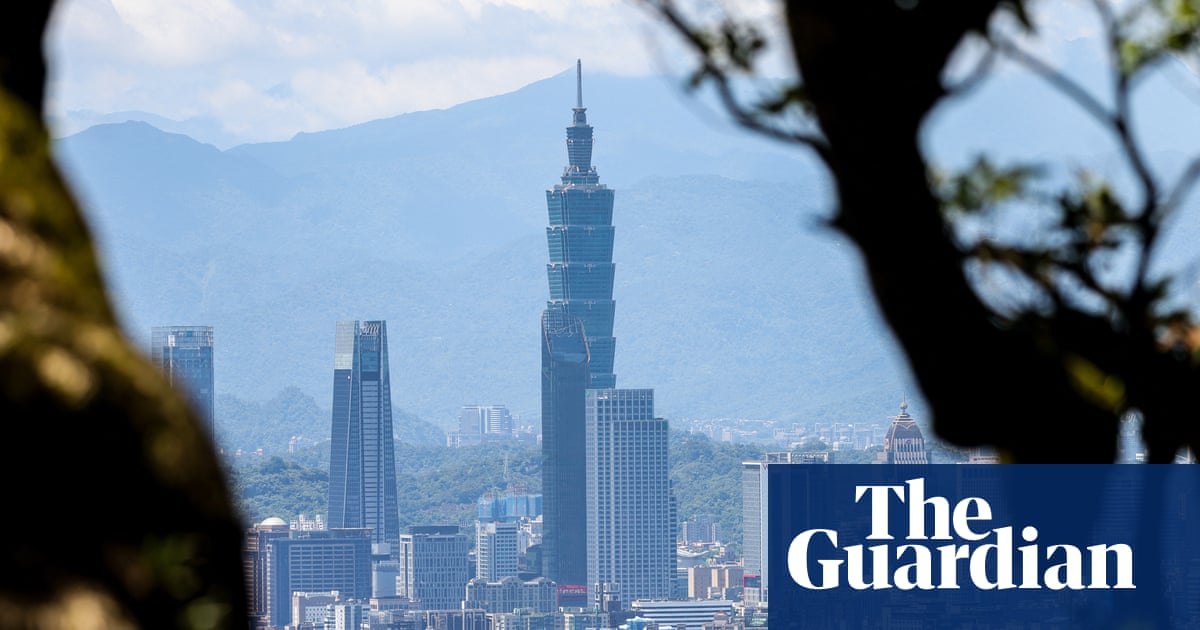
Comments